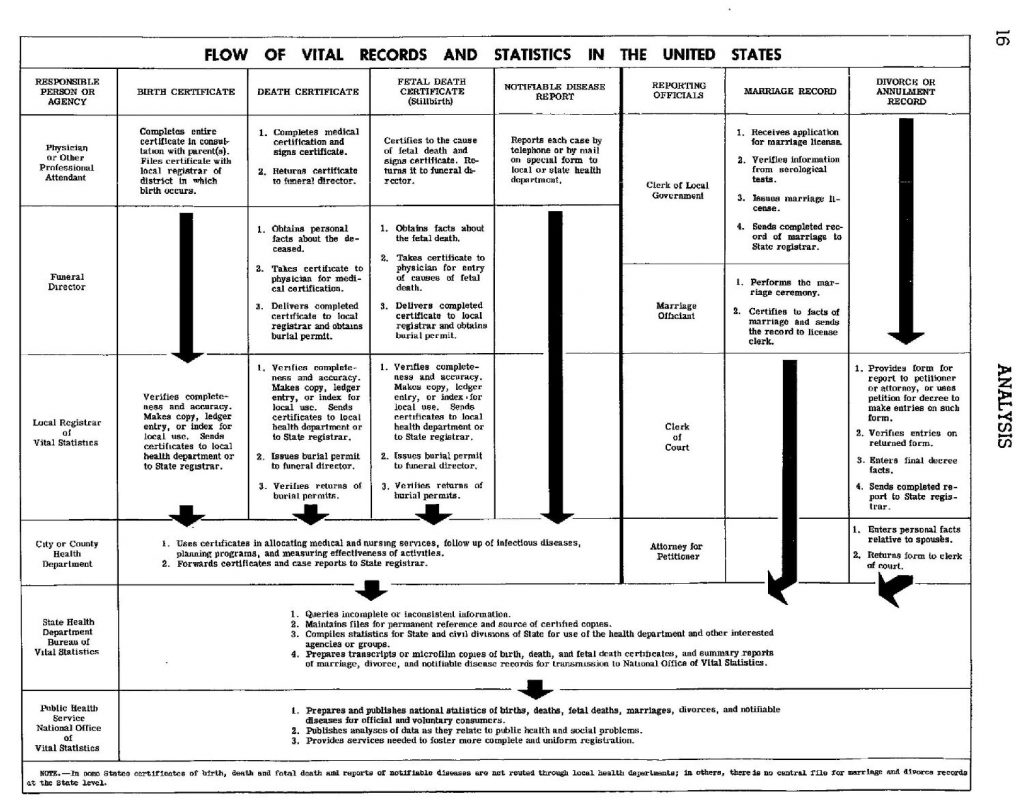The next major theme in our analysis of American funerals, for which this post can serve as the kick-off, is the broad topic of rituals and ceremonies. What have we done in the past; what do we do now; and what do we actually need?
To answer those questions, We’ll start with an overview of the combination of parts that make up the funeral, and then review the results of research studies on funerals and the people who attend them and arrange them. We will be exploring material gathered from the social sciences, history, psychology, and general consumer research.
For a long stretch of history, ranging anywhere from 75 to 130 years depending on where you lived, the American funeral consisted of a viewing period with an embalmed body in a fairly expensive casket as the centerpiece, followed by a ceremony, concluding with a ride to a cemetery led by specially-designed vehicles, and ending with a brief service at the grave site where the body would be lowered into a vault in the ground, or placed into a crypt space. It was all orchestrated by and, mainly, purchased from a funeral home. The cost would vary according to quality of casket, length of viewing, type of burial vault, number of limousines, and a few other variables. Purchases of cemetery space, vault, and memorial might be made separately through the cemetery, and could cost as much as or more than the purchases from the funeral home.

